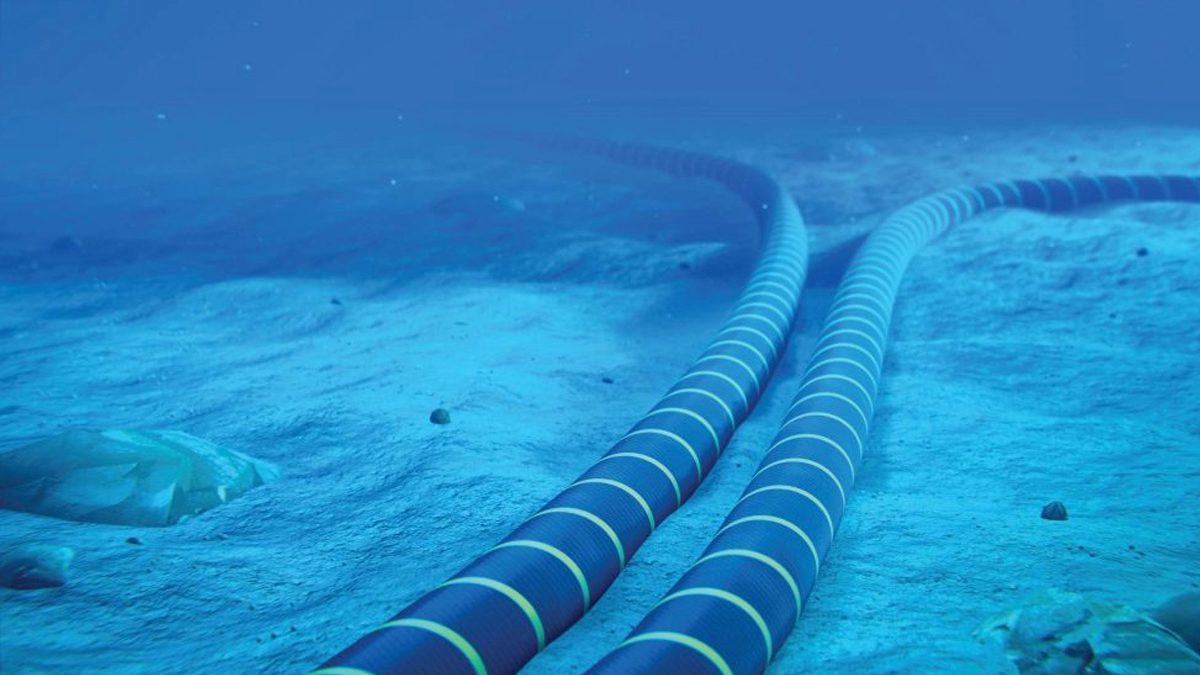Microsoft submarine cable disrupted by Houthi attack

Related Articles
Microsoft submarine cable disrupted near Red Sea, affecting Azure services and internet connectivity across Middle East and Asia. A critical Microsoft fiber optic cable beneath the Red Sea recently suffered damage, disrupting internet connectivity across several countries. Stretching over 1.4 million kilometers, Microsoft’s submarine cables carry vital data for commerce, finance, healthcare, and education worldwide.
Major Disruption Near Jeddah
On Saturday, several submarine cables near Jeddah, Saudi Arabia were severed. This damage affected Microsoft Azure cloud services, leading to connectivity issues in India, Pakistan, Saudi Arabia, and other parts of the Middle East and Asia. Microsoft confirmed the outage but did not reveal the exact cause, promising a fast resolution. Fortunately, connections outside the Middle East remained mostly stable.
Houthis Claim Responsibility
Although initially considered an isolated accident, the Houthi rebel group later claimed responsibility. On Sunday, Houthi-controlled Al Masirah TV issued a statement acknowledging their involvement.
Geopolitical Concerns
International media, including The Guardian, reported that Microsoft’s cloud services may have been used for monitoring Hamas activities in the Gaza Strip and West Bank. However, Microsoft strongly denied these claims.
Historical Context
This is not the first attack on submarine cables by Houthis. In early 2024, Yemen’s exiled government accused them of planning similar attacks in the Red Sea. Several cables were damaged, and the Houthis admitted responsibility.
Importance of Submarine Cables
Submarine fiber optic cables carry over 95% of international data traffic, making them critical for global communication. Even minor damage can disrupt financial markets, cloud platforms, and daily communications. Microsoft’s swift response highlights the importance of redundancy and enhanced security in global data networks.
Microsoft submarine cable.









